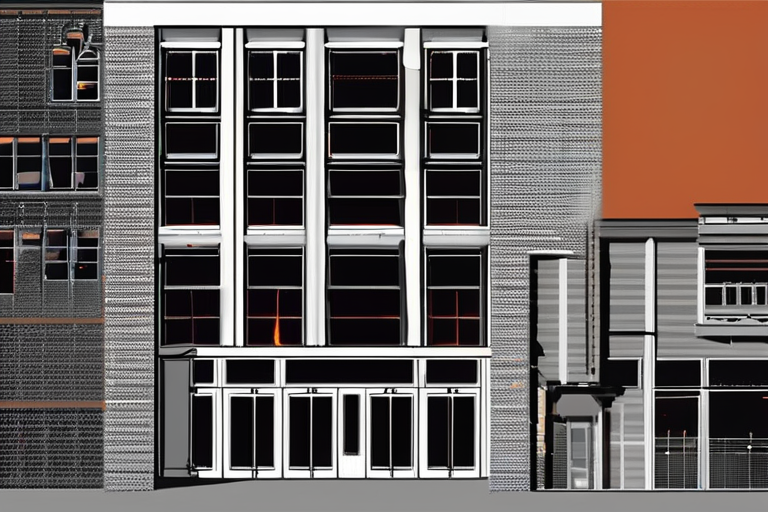States Cutting Medicaid Provider Payments Before Trump Cuts Hit
In a move that has left healthcare providers scrambling to stay afloat, several states have begun cutting payments to Medicaid providers, sparking concerns about the long-term sustainability of the program. These cuts, which are being implemented before any potential reductions in federal funding under the Trump administration's proposed budget, will likely have far-reaching consequences for patients and providers alike.
According to data from the Kaiser Family Foundation, at least 10 states have reduced their Medicaid reimbursement rates since 2017, with some cuts as steep as 25%. In North Carolina, for example, family caregivers like Alessandra Fabrello are facing a pay cut of up to $1.50 per hour due to Medicaid rate reductions that took effect on October 1.
"It's almost impossible to explain what it takes to keep a child alive who should be dead," said Fabrello, whose son Ysadore Maklakoff has a rare brain condition that requires around-the-clock care. "The Medicaid rates are so low that many providers won't take them, which means we have to search far and wide for someone willing to care for my son."
These cuts are not just affecting family caregivers like Fabrello; they also impact healthcare providers who rely on Medicaid reimbursement to stay in business. In some states, the reduced payments are forcing providers to limit services or even close their doors altogether.
"The Medicaid program is already underfunded, and these rate reductions will only exacerbate the problem," said Dr. Mark McClellan, a former CMS administrator who now serves as director of the Duke-Margolis Center for Health Policy. "We need to find ways to stabilize the program and ensure that patients have access to the care they need."
The Trump administration's proposed budget, which includes significant cuts to Medicaid funding, has been met with opposition from healthcare advocates and lawmakers alike. However, even if these federal cuts are implemented, state-level reductions will likely continue to be a major concern for providers and patients.
In addition to North Carolina, other states that have reduced their Medicaid reimbursement rates include Arizona, Florida, Georgia, Louisiana, Michigan, Ohio, Oklahoma, South Carolina, and Texas. While some states have increased funding for specific services or populations, the overall trend is clear: Medicaid provider payments are being cut, and it's not just a matter of waiting to see what happens with federal funding.
As healthcare providers continue to navigate this complex landscape, patients like Ysadore Maklakoff will be left to bear the brunt of these cuts. "It's not just about the money," said Fabrello. "It's about the care and support that my son needs to thrive."
Background:
Medicaid is a joint federal-state program that provides health coverage to low-income individuals and families. The program is funded through a combination of state and federal dollars, with the federal government reimbursing states for a significant portion of their Medicaid expenses.
Context:
The Trump administration's proposed budget includes significant cuts to Medicaid funding, which has sparked concerns about the long-term sustainability of the program. However, even if these federal cuts are implemented, state-level reductions will likely continue to be a major concern for providers and patients.
Additional Perspectives:
Experts say that reducing Medicaid reimbursement rates can have far-reaching consequences for patients and providers alike. "When you cut payments to providers, it's not just about the money; it's about access to care," said Dr. McClellan. "We need to find ways to stabilize the program and ensure that patients have access to the care they need."
Current Status:
At least 10 states have reduced their Medicaid reimbursement rates since 2017, with some cuts as steep as 25%. In North Carolina, family caregivers like Alessandra Fabrello are facing a pay cut of up to $1.50 per hour due to Medicaid rate reductions that took effect on October 1.
Next Developments:
As the Trump administration's proposed budget continues to make its way through Congress, healthcare advocates and lawmakers will be closely watching for any developments that could impact Medicaid funding. In the meantime, states like North Carolina will continue to grapple with the consequences of reduced Medicaid reimbursement rates.
*Reporting by Npr.*



 Hoppi
Hoppi

 Hoppi
Hoppi

 Hoppi
Hoppi

 Hoppi
Hoppi

 Hoppi
Hoppi

 Hoppi
Hoppi











